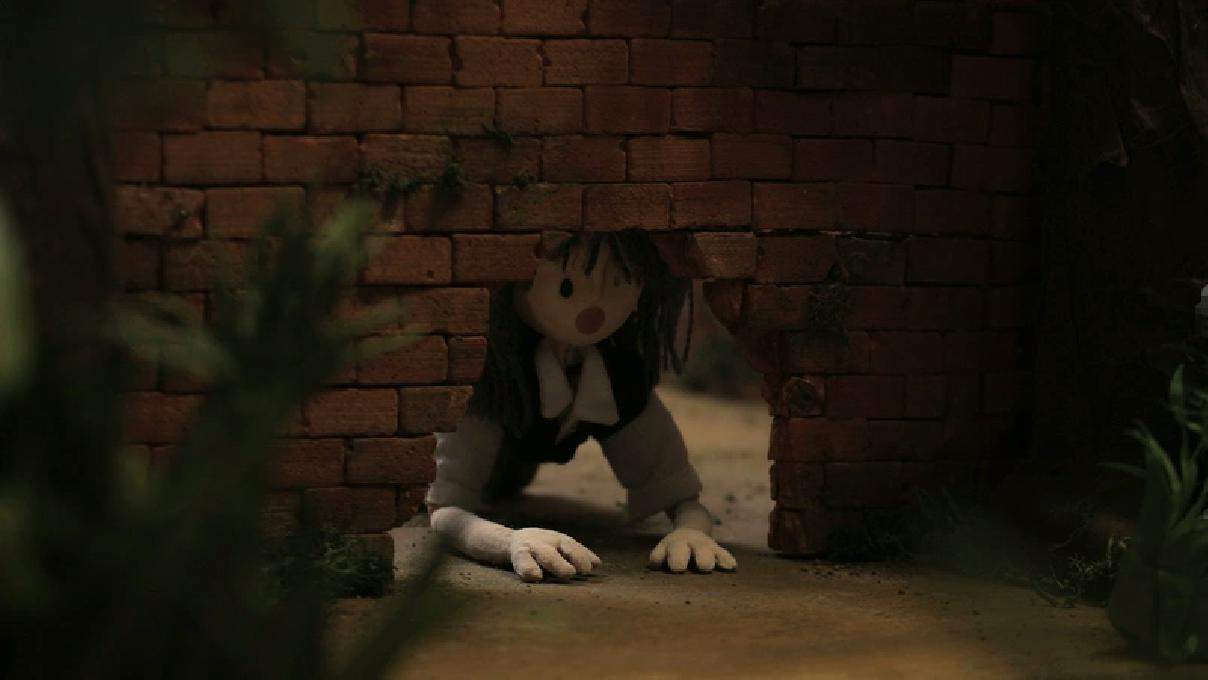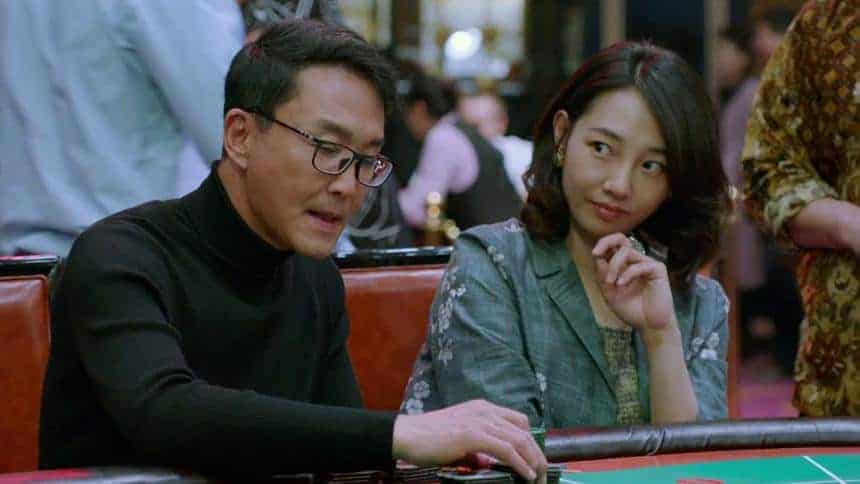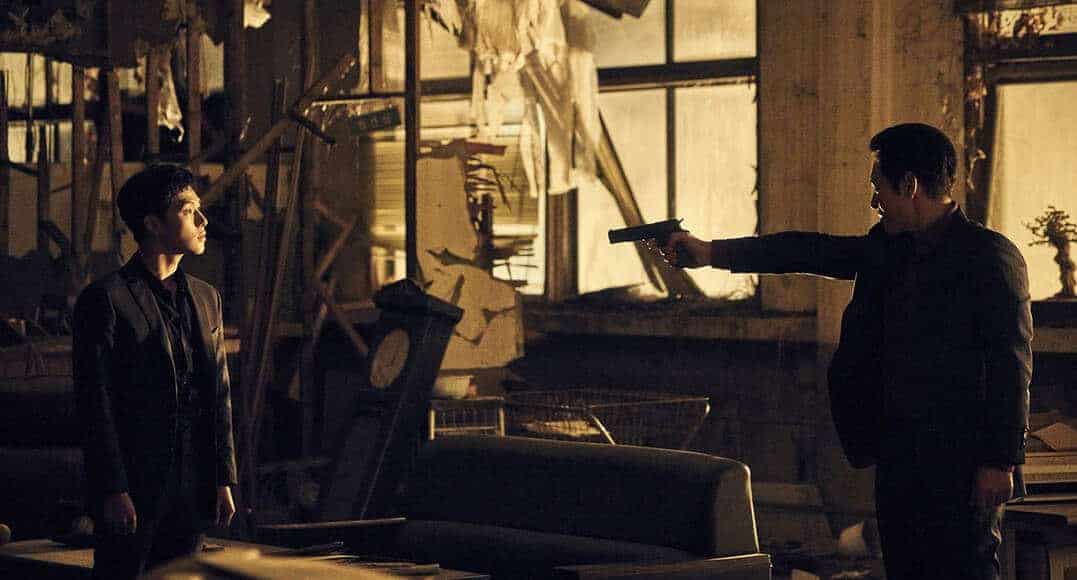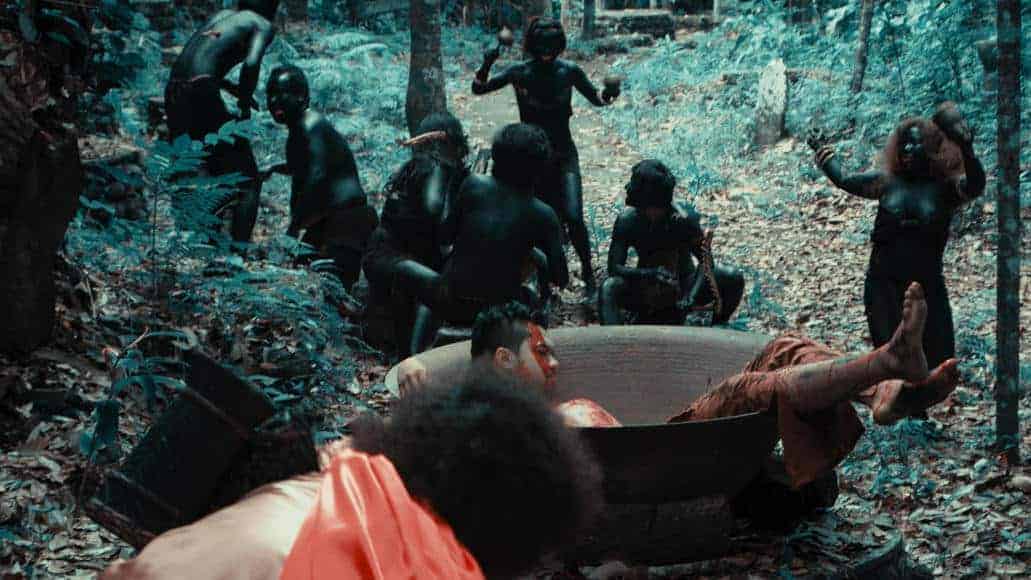Stories dealing with time traveling have always held a certain attraction, and have even achieved classic or cult status in some cases. While the possibilities for the storyteller are endless, the opportunities to explore themes like fate, the interconnection of lives and the relation of past, present and future is equally attractive. Unlike other aspects of science-fiction, time travelling stories do not necessarily need a lot of budget in order to work and tackle the aforementioned issues, as we have seen in the last years with Junta Yamaguchi's features “River” and “Beyond the Infinite Two Minutes”. His colleague, director Shinji Araki uses the idea of time loops in order to talk about the question whether we are truly the masters of out fate in his new feature “Penalty Loop”, a blend of drama, science-fiction and thriller.
Penalty Loop is screening at Nippon Connection

Ever since the death of his girlfriend, life has not been the same for Jun (Ryuya Wakaba). However, he has been planning his revenge on her murderer, a technician named Noboru (Yusuke Iseya), who has been ordered to do dome repairs at Jun's workplace, a hydroponic farm outside the city. Jun's carefully laid-out plan works, and as the evening begins, he slowly walks to his helpless victim, who he has poisoned before, and stabs him to death. Around midnight, he hides the body behind his workplace in a large pond.
But as Jun wakes up the next morning, he finds out he is re-living the same day. Surprised about the repetitions happening around him, he takes out his revenge again, only to wake up and experience the same day seemingly on a loop. However, not everything stays the same, as Noburo goes through the experience also, and wants to stop his death from happening.
One aspect which is pretty hard to tackle in a feature is the dichotomy of purpose and absurdity. Especially in a story dealing with the concept of a time loop, this concept can become either really interesting or superficial and tiresome. In the case of “Penalty Loop”, Shinji Araki's script gets the job done half-wright, with especially the first half containing some entertaining and fascinating aspects. Most importantly, he presents the idea of a life led by purpose, which is what motivates Jun, whose passion for architecture already suggests the notion of structure and a goal in his life, his work and the general way he goes about things. Even though there are some inconsistencies within his character and his later change of ways, the narrative presentation of the sheer absurdity of his undertaking as he is expecting a different result from doing the same thing, is quite dark and well-executed.
At the same time, Araki relies on a minimalist aesthetic to tell his story. The clean, often antiseptic looking surroundings or Jun's workplace is further highlighted by Takashi Wantanabe's weird, dreamy and occasionally outworld-ish sounding score. The structure or rhythm of the protagonist's days is slowly disturbed, hinting at his victim's increasing awareness of Jun's motives while also emphasizing how his existence has been disrupted by the murder of his girlfriend. However, while the performances and aesthetic are really good and cover a lot of ground, the story itself falls flat when it comes to providing some answers or at least a satisfying conclusion to what is the reason for the loop. To make matters worse, Araki seemingly does not know how to come to a conclusion, as he adds rather than restrains himself, making the last 15 minutes a somewhat exhausting exercise for the viewer.
“Penalty Loop” is a blend of science-fiction, drama and thriller dealing with the idea of whether we truly control our lives. Shinji Araki's feature starts off quite promising, with some good scenes, performances and images, but falls flat in the end, never truly meeting the potential which lies in its premise.













